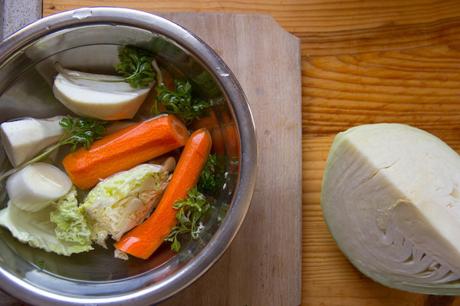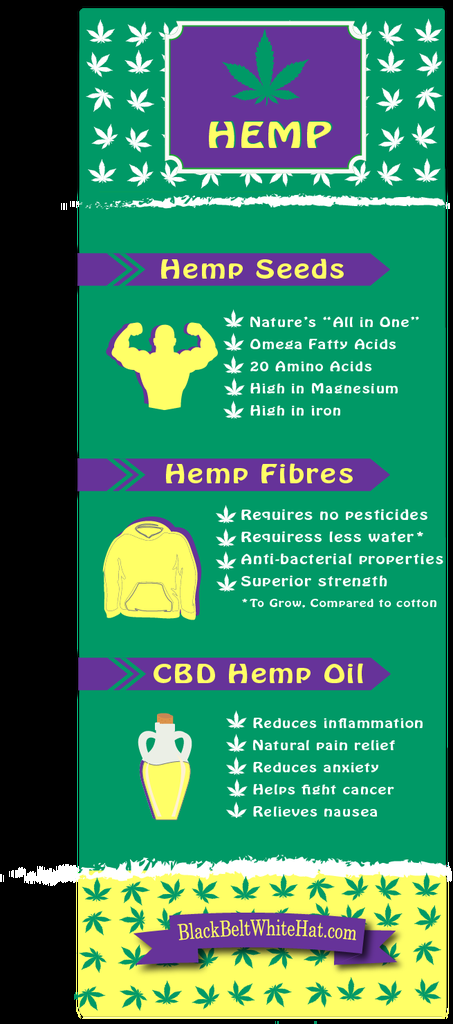The vegan diet is becoming more and more popular…it was rare to hear about someone who was on a vegan diet until the China Study came out in 2005 and then it really gained momentum when a leading medical doctor published the book “How Not to Die“. The book basically recommends a varied plant and wholegrain diet to treat all common diseases

Benefits of a Vegan Diet
Compared to the average western diet, a typical Vegan Diet has the following benefits:
– Higher in fibre
– Reduced risk of heart disease
– Higher in vitamins, especially vitamins A, C and E
– Higher in minerals such as magnesium
– Reduced risk of developing certain cancers (pretty much all of them)
– Phytochemicals in organic fruits and vegetables are linked to decreased in oxidative stress- important for athletes looking to avoid burn out and overtraining
– Vegan diets also tend to be cheaper. Compare the price of an organic chickpea curry, to the price of an organic chicken curry, for example

A typical Vegan Athlete
Negatives of Vegan Diet
– Constantly explaining to people why you don’t eat meat – nightmare with the grandparents and mother-in-law at Christmas
– EPA, a constituent of omega 3 is hard to obtain on a strict vegan diet
– Vitamin B12 can be hard to obtain in optimum amounts unless supplemented
To summarise…a whole food organic vegan diet significantly reduced the risk of all of the most common causes if mortality and illness, when compared to a typical western diet, it can be tricky to get enough EPA, b12 and iron and a right bastard to explain to old people and bodybuilders.
Some may argue that the health benefits come mainly from the lack of junk food, sugar and factory farmed meat, rather than the elimination of all animal products itself. Either way, there is undoubtedly a link between vegan diets and reduced risk of a great number of diseases.
One of the main issues with the meat & animal products consumed in a normal Western Diet, is the amount of anti-biotics and hormones used to produce massive quantities of meat, unnatural amounts of milk etc at minimal expense. Food Inc was a documentary which brought this to the attention of many people:
Vegan Diet & Athletic Performance
More & more athletes are moving over to a vegan diet. One of the pioneers of this shift away from protein drinks and Lucozade was ultra-marathon runner Scott Jurek.
The argument against vegan diets used to be that the quality of protein required, was difficult to obtain but thanks to the number of hemp products now on the market, this is no longer the case.

Get massive, wear robust clothes & feel great with hemp
Athletes have traditionally focused on the periods before, during and after training and competition, and ignored the need for a base of good health with a diet rich in nutritious whole foods. The vegan diet has begun to reverse this trend, consuming a nutritions foods everyday, which reduce inflammation and aid recovery & adaptation.
Vegan Diet Shopping List
Everything should be organic if possible. Many vegans & veggies try and grow lots of food themselves…we’ve only ever had success with rhubarb so far – that stuff doesn’t stop growing…
Vegetables
Asparagus
Cauliflower
Cucumbers
Sugar snap peas
Tomatoes
Bell peppers
Avocado (think this is actually a fruit, buy some either way)
Salad Stuff
Mixed bags of salad
Baby kale
Baby spinach
Romaine
Butter lettuce
Leaf lettuce
Frozen Stuff
More Broccoli
Extra Asparagus
Even more Spinach
Corn
Peas
Carrots
Protein Sources
Anything non-GMO Soya (the counter argument to eating lots of soya by the way, is the phytoestrogen content
Hemp seeds
Almonds – and DIY Almond milk
Nut butters
Quinoa
Lentils
Sprouted-grain bread
Carbohydrate Sources
Brown Rice
Oats
Fresh Fruit
Apples
Pears
Kiwis
Oranges
Grapefruit
Lemons
Peaches
Plums
Nectarines
Bananas
Raspberries
Blackberries
Watermelon
Cantaloupe
Apricots
Grapes
Strawberries
Blueberries
Supplements
Hemp protein powder (handy if you’re travelling, otherwise blend hemp seeds for wholefood goodness)
Algae oil (for EPA)
Vegan Diet Plan for Athletes
Breakfast
Porridge with homemade almond milk, ground almonds, banana & Quinoa
Snack
Banana Granola Bars or pumkin seeds with goji berries or hemp protein shake with organic olive oil
Lunch
Snack
Vegan energy balls
Dinner
Healthy Vegan Chilli –

